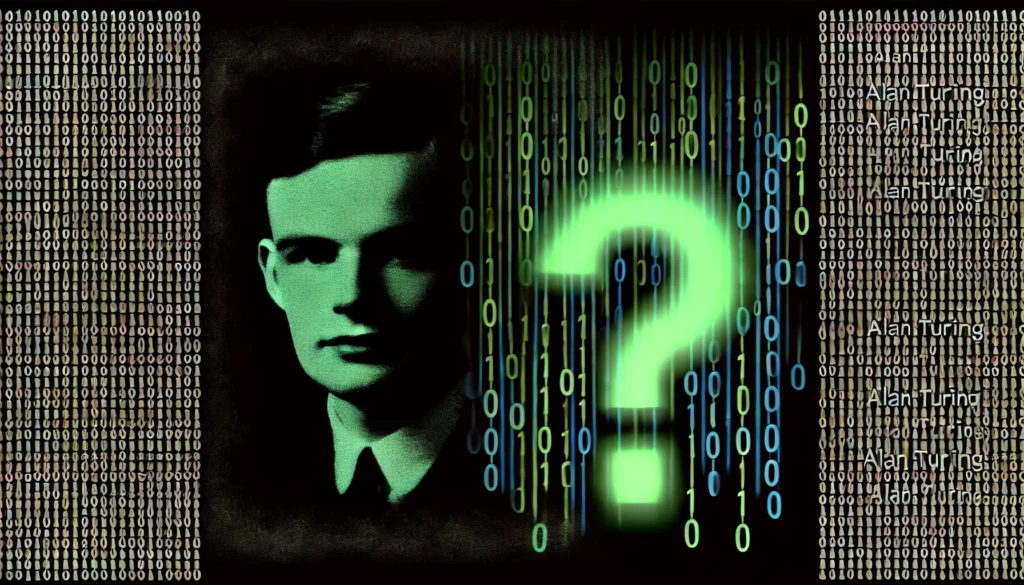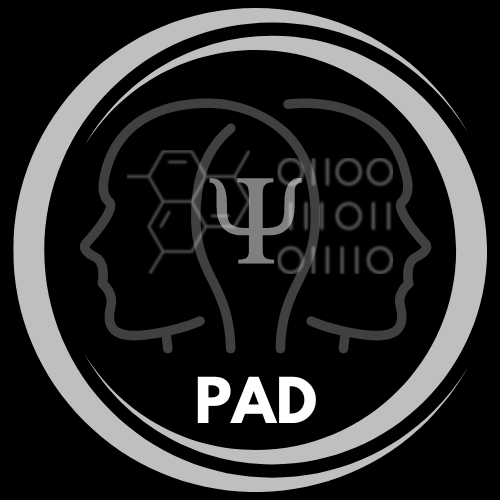What are we looking for?
It only took a few years, which felt like seconds, and we found ourselves in a brave new world (Huxley, 1932).
Artificial Intelligence has firmly embedded itself in our lives, knocking on our doors after a long journey marked by promises and setbacks since the 1950s.
We’ve grown accustomed to algorithms and artificial agents in our digital and physical environments, thanks to the relentless evolution of the Internet of Things and robotics.
We’ve harnessed AI as both science and technology to create “artificial intelligences” (plural) in the form of applications and software, striving to fulfill Aristotle’s desire for intelligent machines (Politics, I, 4, 1253b24-1254a17) and Pygmalion’s dream of giving life to human-like creations (Ovid, Metamorphoses, 243-297).

We’ve modeled these artificial intelligences in our image:
Capable of learning from experience
Understanding and producing our language
Behaving as if they were people

The Turing Test (Turing, 1950) has been unequivocally passed by thousands of AIs across the globe, continuously fed by an unimaginable amount of data, and pervasively integrated into the fabric of our daily lives.
But the Turing Test was never meant to say anything about machines
It says all about humans, Though
Welcome to
In Love With Nobody
home to the PAD Research Group’s project about the psychology of human-AI relationships.
We investigate how these interactions influence human emotions, behaviors, and social dynamics.
By employing a multidisciplinary approach that includes psychology, cognitive science, and human-computer interaction, we aim to understand the underlying mechanisms that drive people’s perceptions and attitudes towards AI.
Our studies focus on key areas such as trust, attachment, empathy, and the ethical implications of integrating AI into personal and professional domains. This comprehensive analysis seeks to uncover the profound impact of AI on the human experience.
Our research TOPICs
HUMAN-AI RELATIONSHIPS
Click hereNATURAL AND ARTIFICIAL INTELLIGENCE
Click hereAI AND DEI
Click hereBibliographical references:
- Aristotle, Politics, book I, 4, 1253b24-1254a17.
- Huxley, A. (1932), Brave New World. London: Chatto & Windus, 1932.
- Ovid, Metamorphoses, verses 243-297
- Turing, A. (1950), “Computing Machinery and Intelligence”, Mind, 59(236): 433-460.

